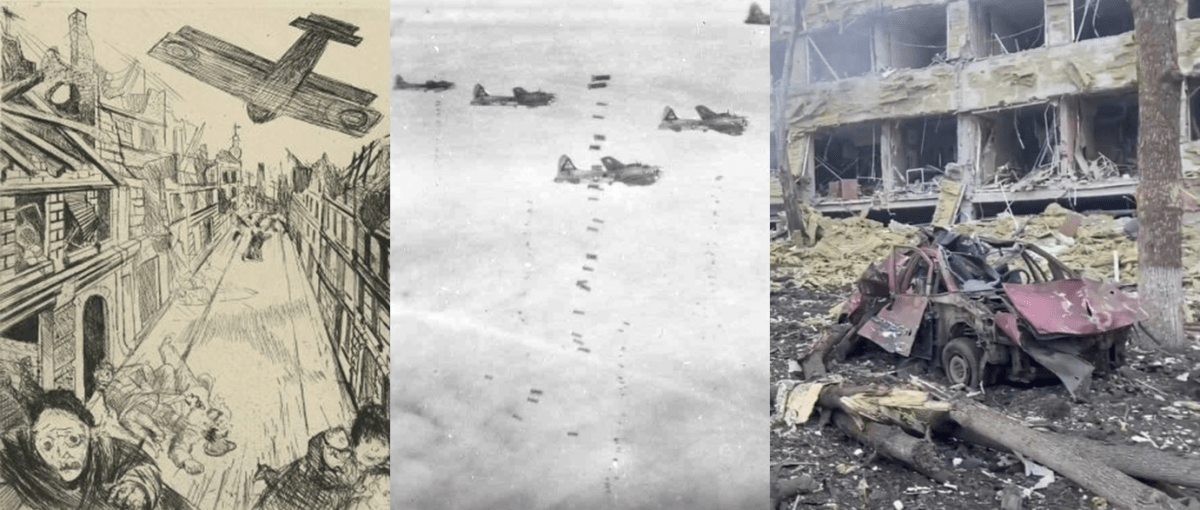EgonSpengler
Deity
- Joined
- Jun 26, 2014
- Messages
- 11,719
Bombs were few and far between in 1945. I would guess 3-4 might be available in the months after Nagasaki.
Yeah, when they bombed Japan, they had just the 2 bombs. I've no idea when they could have had a couple more, though, if we're supposing a conflict in '46 or '47.It depends precisely when in 1945. IIRC the US had used up all its fissile material for the 2 bombs dropped on Japan, so if we assume this war breaks out after August 45 the US probably can't build another bomb until the beginning of 46. If we're assuming the war breaks out before Japan's surrender then the US can use those 2 bombs on the Soviets instead but Japan still being in the war makes for much more of a wildcard scenario; Japan's ability to project power is essentially non-existent by the beginning of 1945 but still.
I agree, I don't know if they would have used an atomic bomb on Moscow.I don't think they would go after Stalin personally, just like they didn't go after the Japanese Government and Royal family. You need there to be someone in charge that the Soviet armed forces would obey. Someone in control of the generals. Stalin had that control. Pure guesswork, but perhaps 5-10 additional nuclear bombs in the second half of 1945? Depends on how much enriched Uranium/Plutonium they could produce. Note that the first bomb (Little Boy) required +60kg of enriched Uranium, because it was a 'simple' pistol design. The following bomb (Fat Man) was a much more advanced implosion device, requiring only something like 8kg of Plutonium. So, once they cracked the formula for making these things more effectively - you need considerably less of the critical enriched fissile material.
I disagree, I think the strategic bombing against Germany was very effective.My view is that the Allied emphasis on strategic aircraft wouldn't have been much help; there are a total of zero (0) successful uses of strategic airpower to win a war.
Also, I had been thinking that American strategic air power wouldn't be able to reach Soviet factories from England, but Wikipedia says the B-29 had a range of 3,250 mi (5,230 km), so maybe they could've. Or at least, just the distances alone wouldn't have been the limiting factor.




